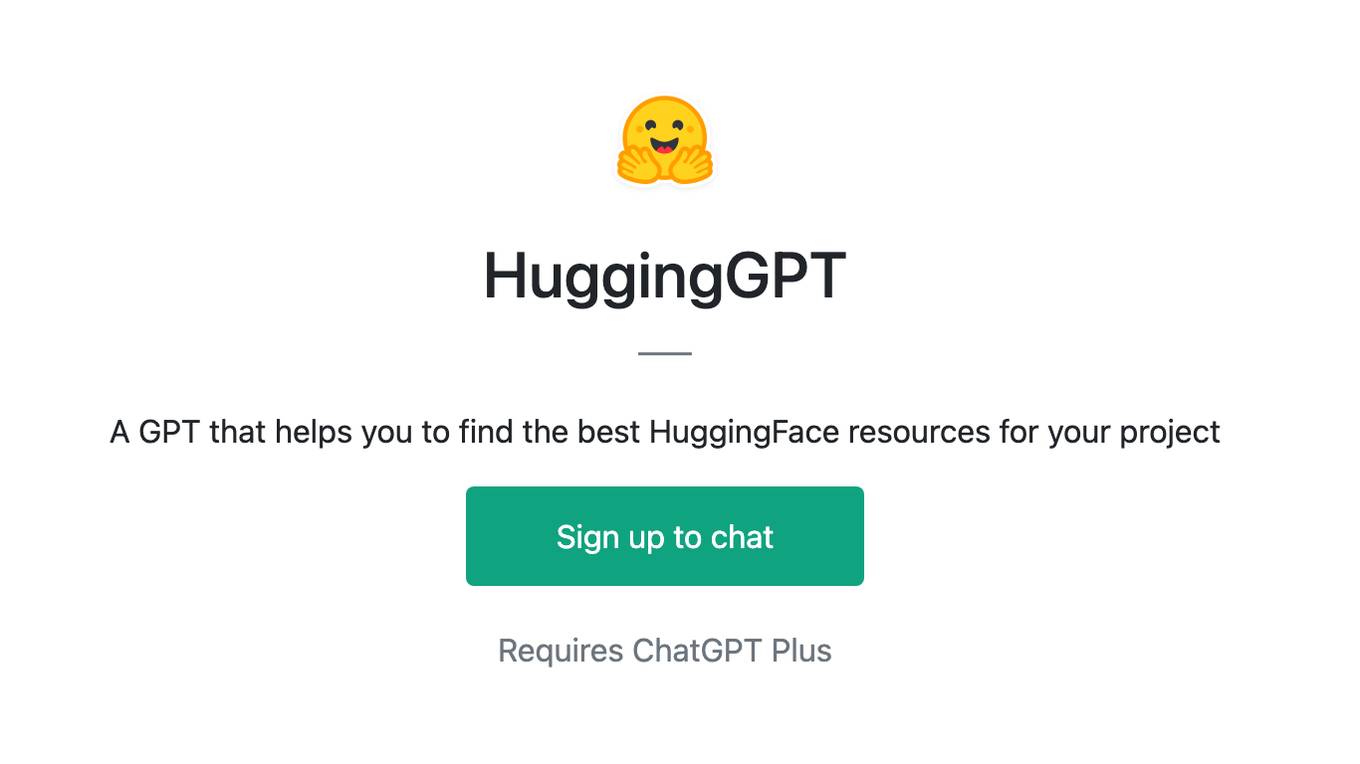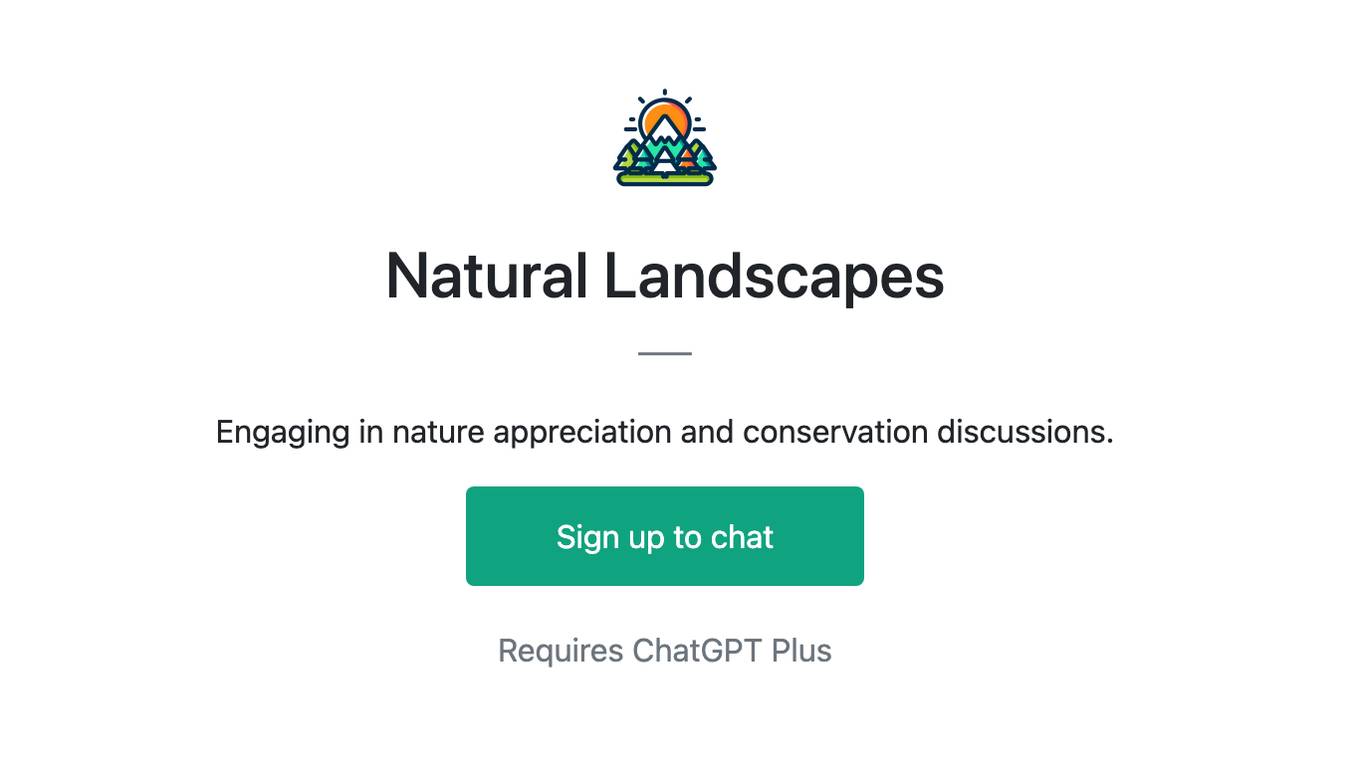Best AI tools for< Find Natural Remedies >
20 - AI tool Sites
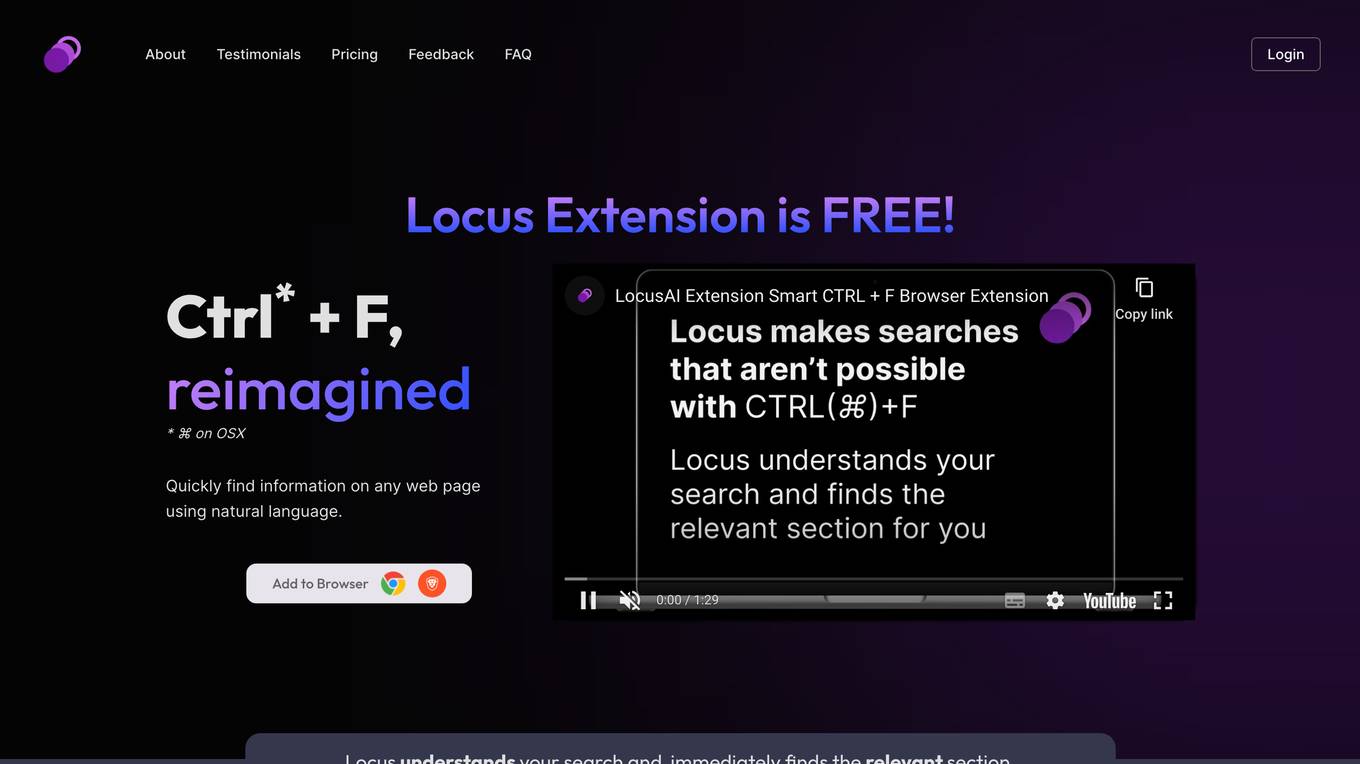
Locus
Locus is a free browser extension that uses natural language processing to help users quickly find information on any web page. It allows users to search for specific terms or concepts using natural language queries, and then instantly jumps to the relevant section of the page. Locus also integrates with AI-powered tools such as GPT-3.5 to provide additional functionality, such as summarizing text and generating code. With Locus, users can save time and improve their productivity when reading and researching online.

One-Stop Natural Language Hotel Recommender
The One-Stop Natural Language Hotel Recommender is an AI-powered tool that simplifies the process of finding the perfect hotel for your needs. By utilizing natural language processing technology, the tool can understand your preferences and requirements, and provide you with personalized hotel recommendations. It considers factors such as proximity to popular places, top-rated establishments, summarized reviews, and staying within your budget. With this tool, you can easily find the ideal accommodation for your next trip without the hassle of extensive research.
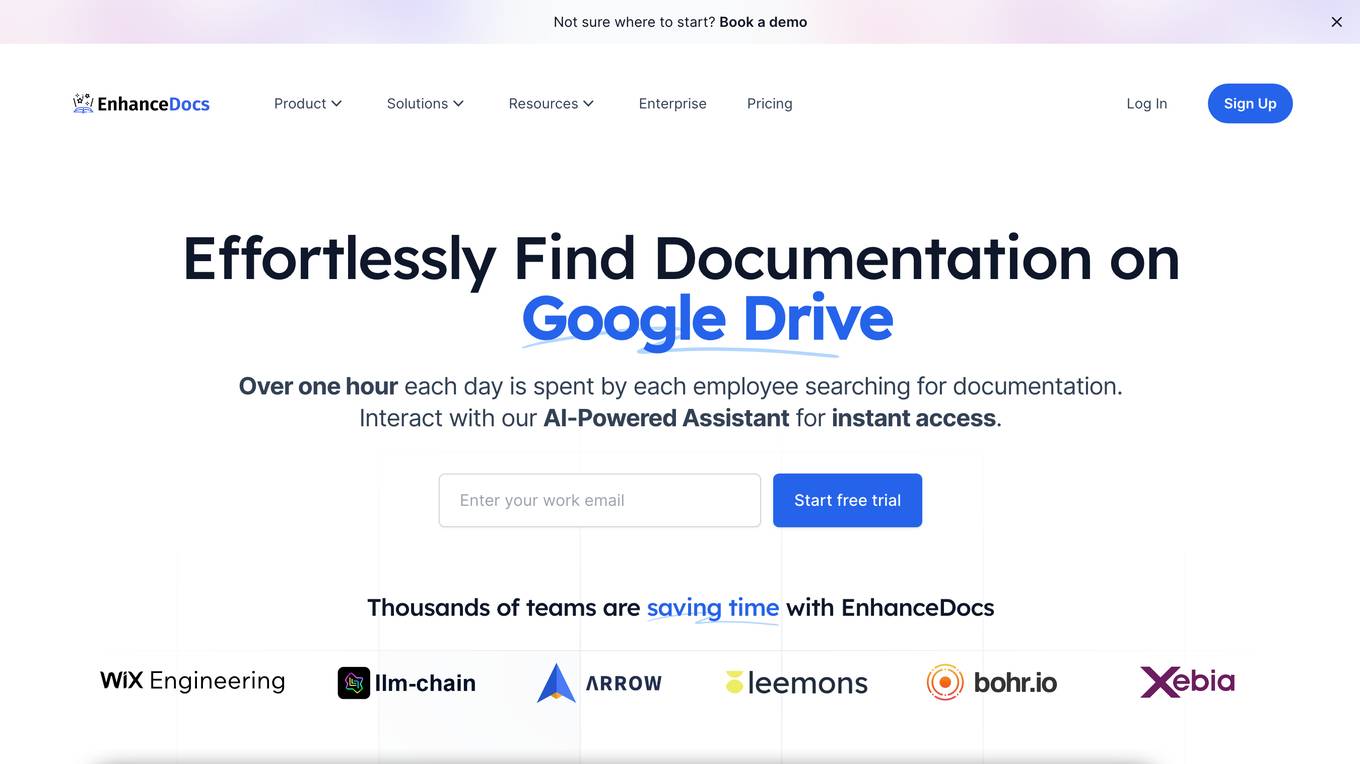
EnhanceDocs
EnhanceDocs is an AI-powered documentation tool that revolutionizes the way teams access and manage their documentation. It helps users effortlessly find documentation across various platforms like Notion, Google Drive, Confluence, SharePoint, and OneDrive. The tool offers features such as natural language documentation search, AI-generated content suggestions, and valuable analytics insights. EnhanceDocs aims to save teams time, improve productivity, and enhance the overall documentation experience.
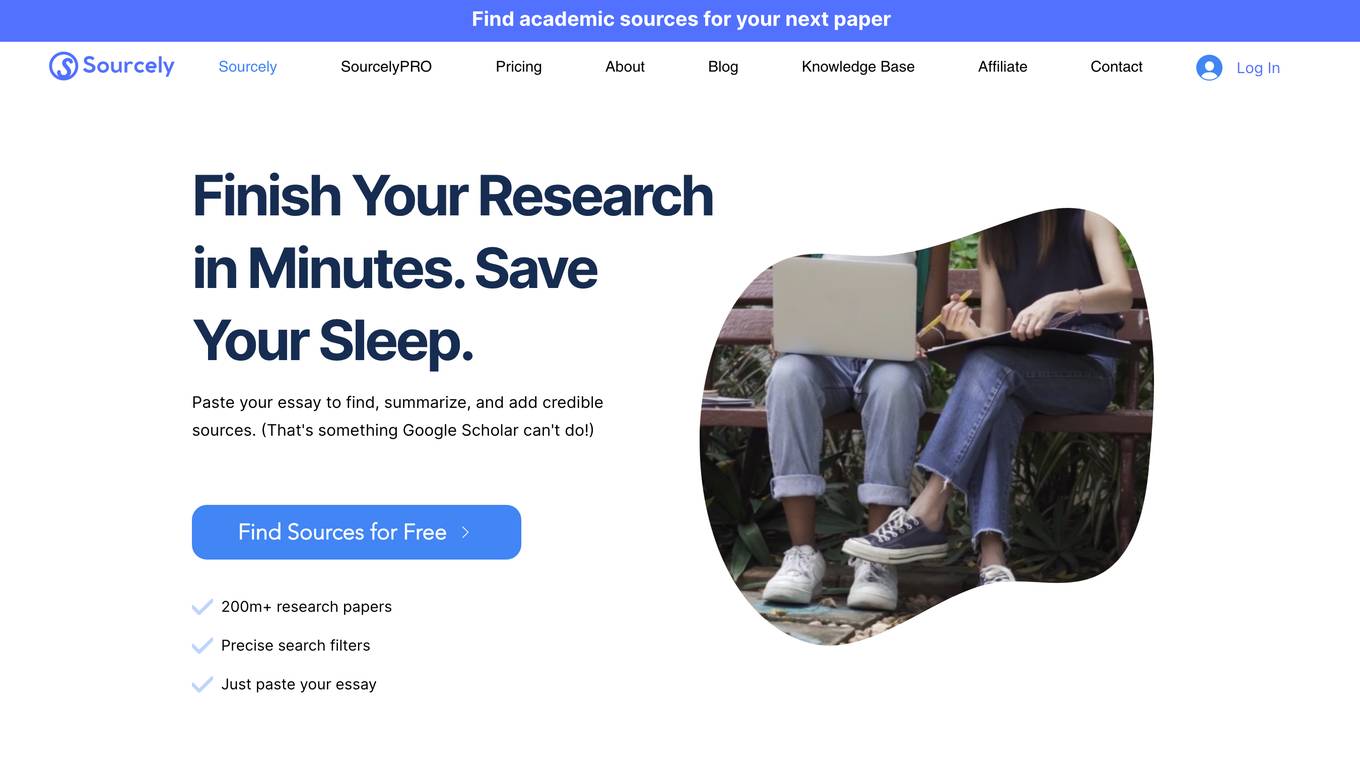
Sourcely
Sourcely is an AI-powered academic search assistant designed to help users find, summarize, and add credible academic sources efficiently. With access to over 200 million research papers and advanced search filters, Sourcely streamlines the research process by finding sources, summarizing them, and exporting citations instantly. It offers features such as advanced citation tools, precise search filters, targeted citations, free PDF downloads, citations library, credible summaries, and export references in various formats. Sourcely is a valuable tool for researchers, students, and professionals looking to enhance the quality of their work and save time in sourcing and referencing.
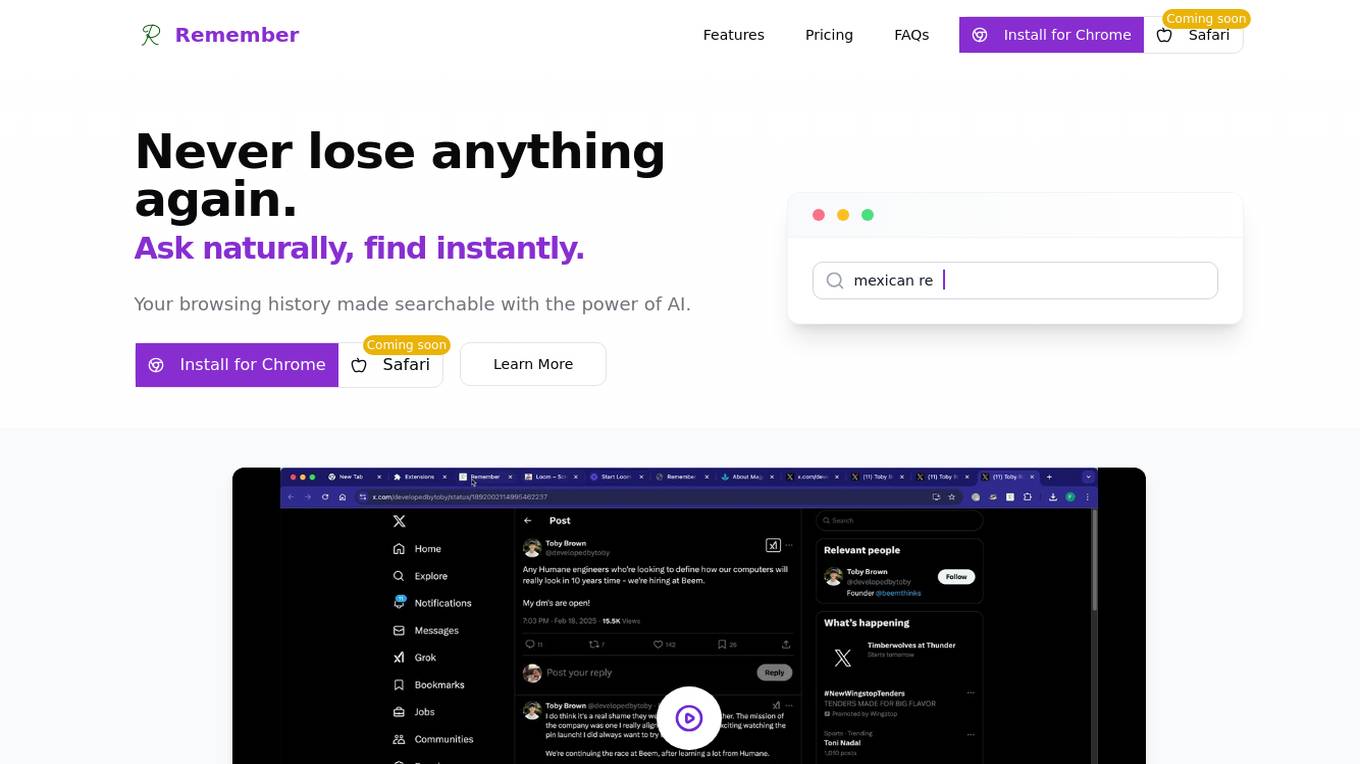
Remember
Remember is an AI-powered browsing history enhancement tool that revolutionizes the way users interact with their web browsing data. By leveraging AI technology, Remember allows users to search their browsing history using natural language, sync data across devices, and ensure privacy by storing data locally. The tool offers transparent pricing plans and aims to provide a seamless browsing experience for users seeking to effortlessly manage and recall their online activities.
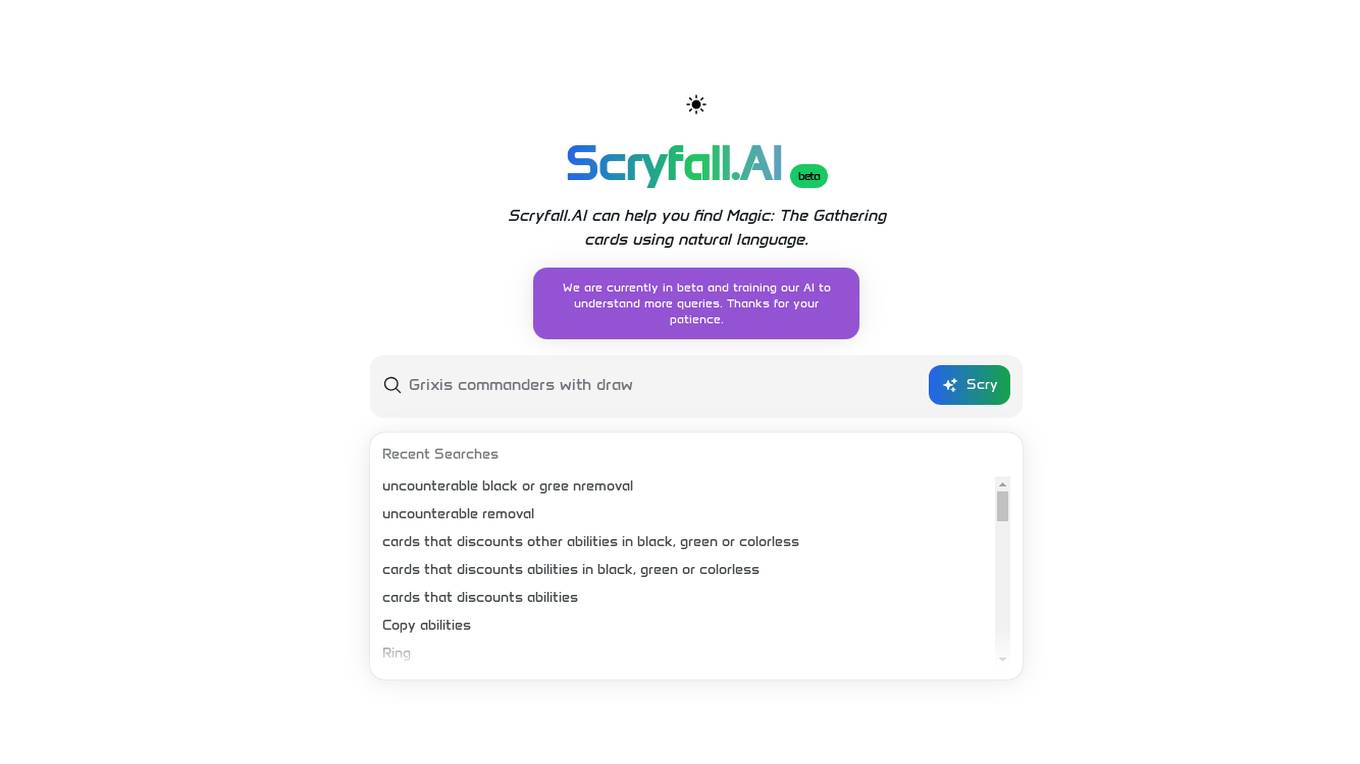
Scryfall.AI
Scryfall.AI is an AI-powered tool designed to assist users in finding Magic: The Gathering cards through natural language queries. The tool is currently in beta phase, with ongoing training to enhance its understanding of user queries. Users can search for specific card types, colors, abilities, and more, making it easier to discover cards for their Magic: The Gathering decks.
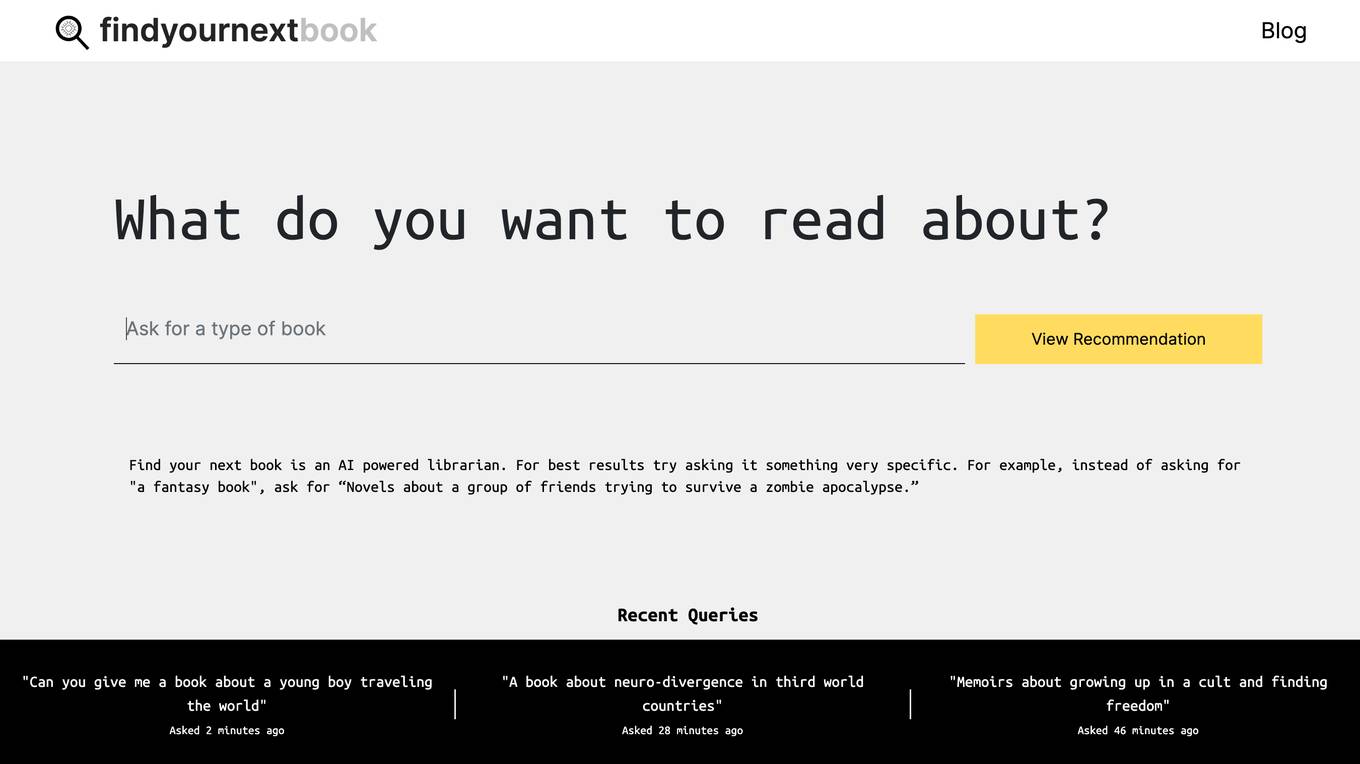
Find your next book
Find your next book is an AI-powered librarian that provides personalized book recommendations based on your preferences. It uses advanced algorithms to analyze your reading history, interests, and other factors to suggest books that you're likely to enjoy. The platform offers a wide range of genres and authors to choose from, making it easy to find your next favorite read.

Zomory
Zomory is an AI-powered knowledge search tool that allows users to search their Notion workspace with lightning-fast speed. It offers natural language understanding, Slack integration, conversational interface, page search, and enterprise-level security. Zomory aims to revolutionize the way users access and retrieve information by providing a seamless and efficient search experience.

Juicebox
Juicebox is an AI Recruiting Platform designed to revolutionize the recruitment process. It leverages AI technology to help companies find the right talent efficiently and effectively. With features like AI Talent Search, AI Agents, and real-time insights, Juicebox streamlines the hiring process and enhances team collaboration. The platform is built for recruiters who demand speed and precision in their talent acquisition strategies.
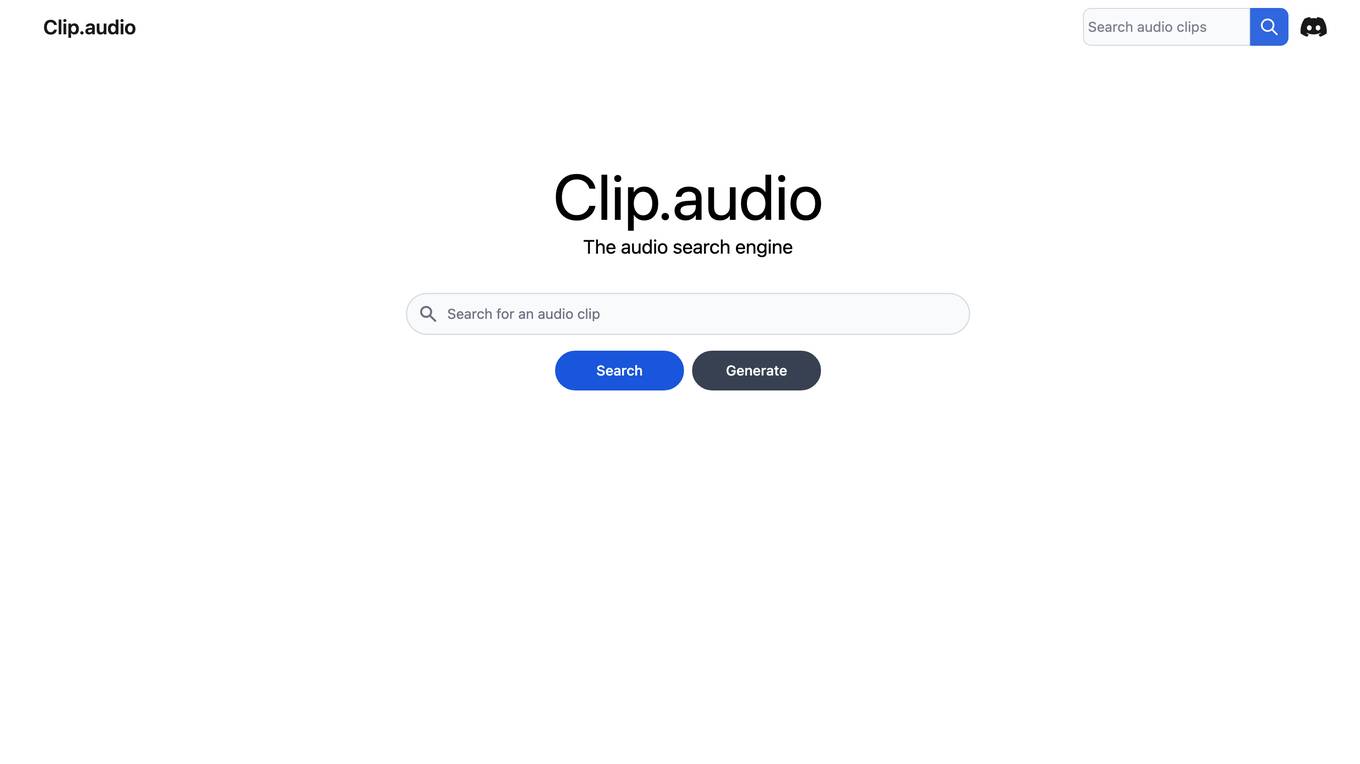
Clip.audio
Clip.audio is an AI-powered audio search engine that allows users to search for and discover audio clips from a variety of sources, including podcasts, music, and sound effects. The platform uses advanced machine learning algorithms to analyze and index audio content, making it easy for users to find the specific audio clips they are looking for.
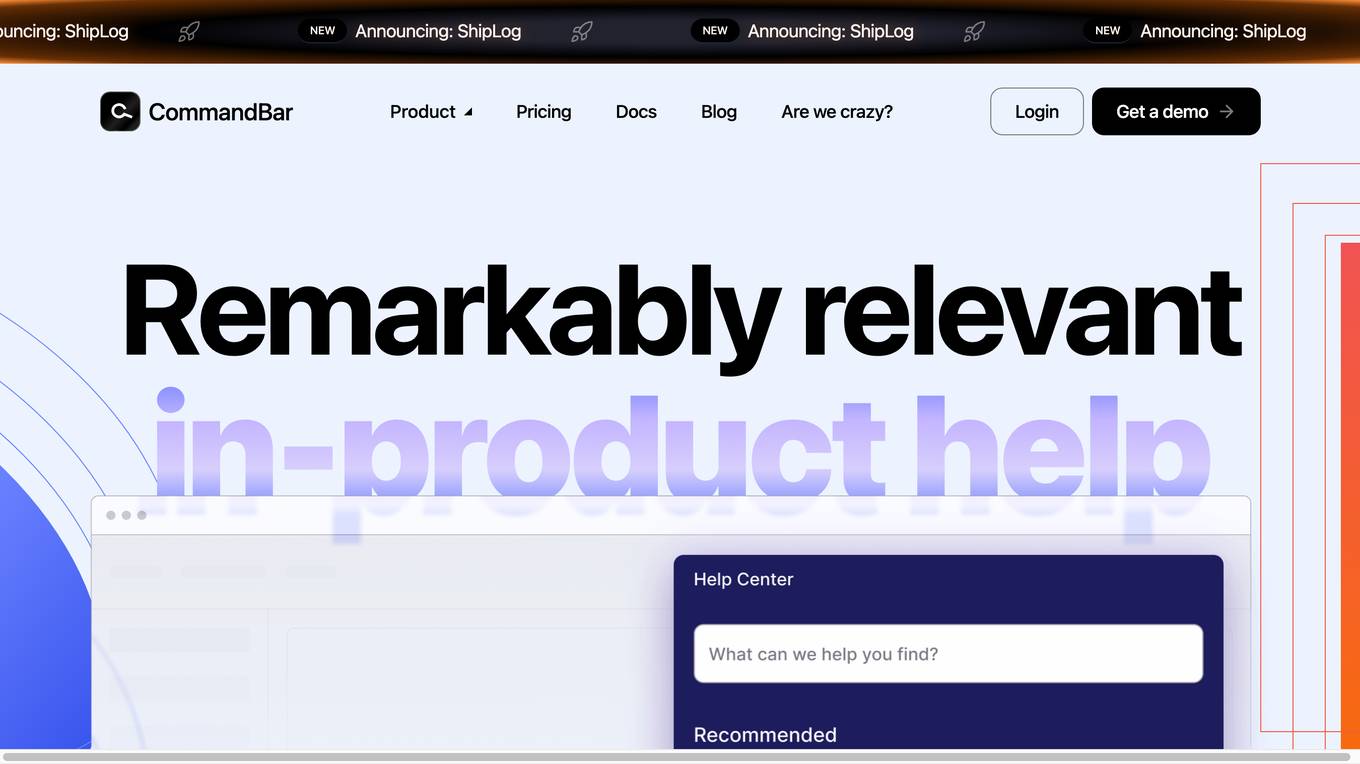
CommandBar
CommandBar is an AI-powered user assistance tool that provides in-product help, rich help docs, and a search function that automagically connects user queries to results that contain similar concepts, not just words. It also offers personalized search suggestions, page targeting, and audience targeting to ensure that users get the most relevant help possible.
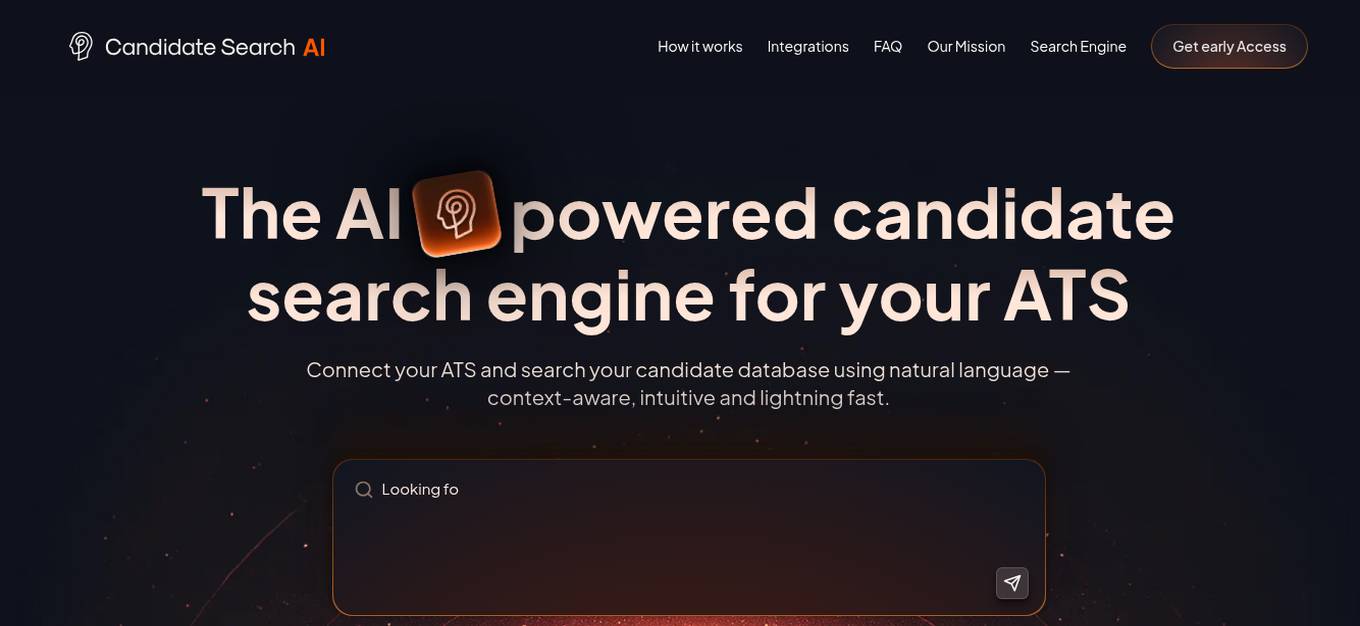
Candidate Search AI
The AI powered candidate search engine is a sophisticated tool designed to revolutionize the recruitment process by enabling recruiters to search their candidate database using natural language, context-aware, and lightning fast technology. It goes beyond traditional keyword-based search, offering semantic understanding, AI-driven candidate evaluation, and workflow automation to streamline the recruiting process. The tool also provides rich candidate profiles, skill highlights, and smart alerts for efficient talent discovery. With powerful analytics and visualizations, recruiters can transform their talent data into actionable intelligence, increasing ROI and reducing sourcing time. The tool ensures data security and privacy with enterprise-grade security features and compliance with data privacy regulations globally.
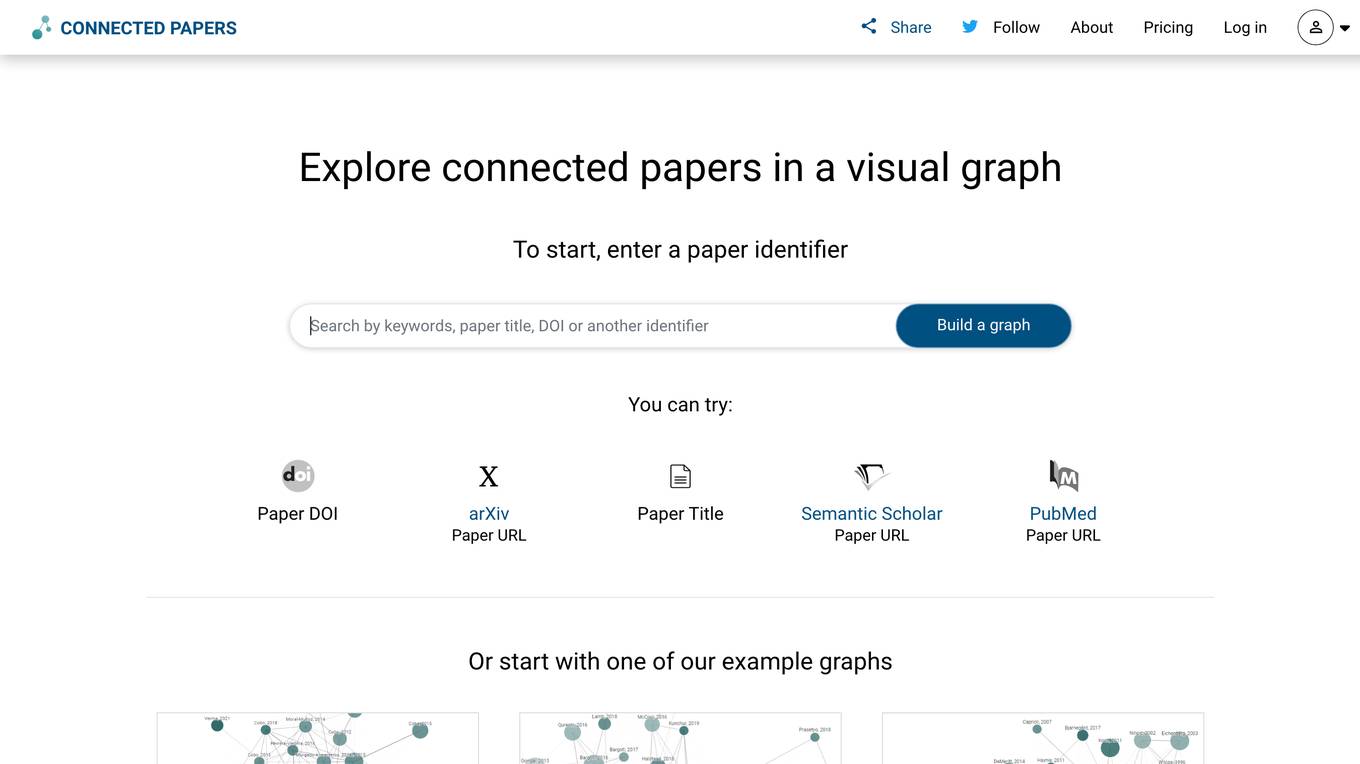
Connected Papers
Connected Papers is a search engine for academic papers that uses artificial intelligence to help users find and explore relevant research. It allows users to search for papers by keyword, author, or title, and then explore the connections between them. Connected Papers also provides a variety of tools to help users organize and manage their research, including the ability to create custom collections of papers, add notes and annotations, and share their research with others.
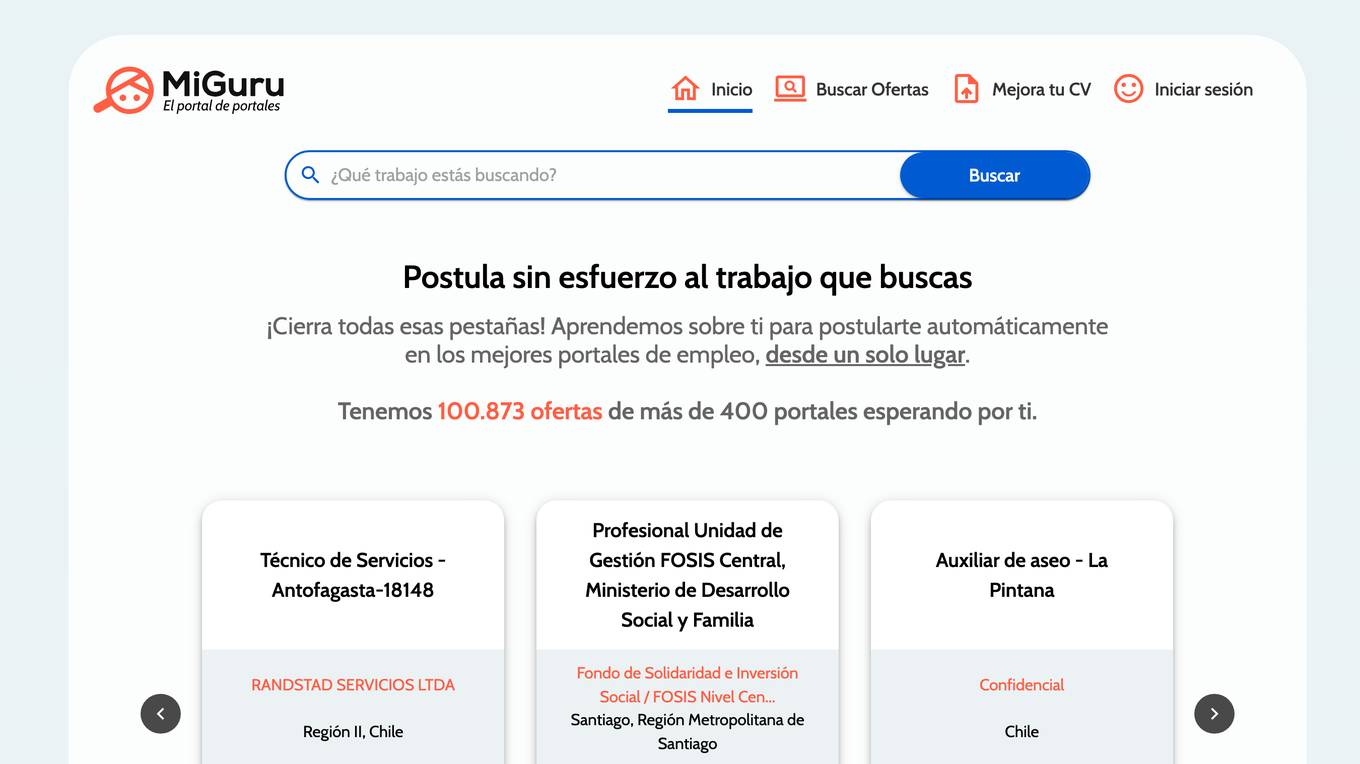
MiGuru
MiGuru is a platform designed to help you find your next job quickly and efficiently. Today it has a job search engine that consolidates the public offers of the Chilean market. Through the use of artificial intelligence, we learn from your answers and use information from your CV to complete your applications automatically. In addition, we support you in improving your CV through a complete personalized report with recommendations based on industry best practices, analyzed using artificial intelligence.
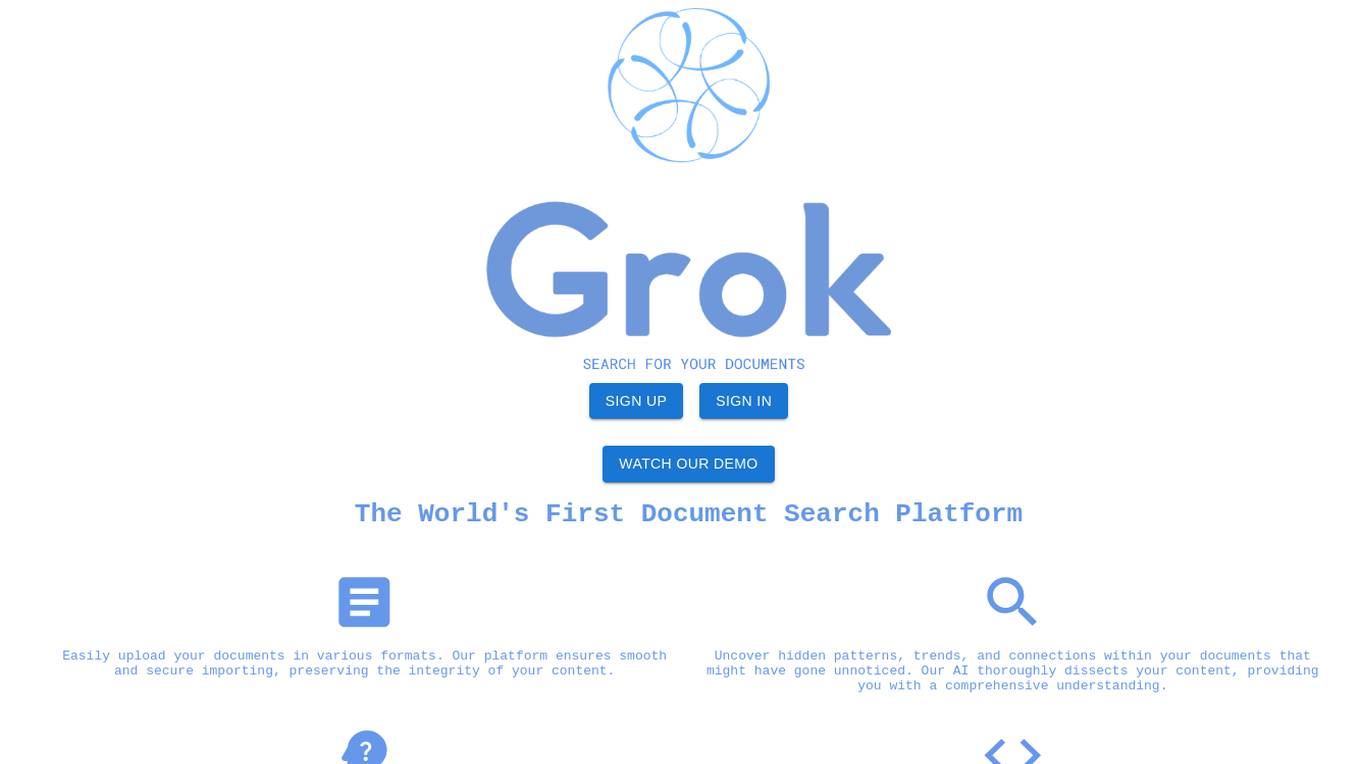
Grok
Grok is an AI-powered search engine that helps you find the documents you need quickly and easily. With Grok, you can search across all of your files, emails, and chats, and get instant results. Grok also uses AI to learn your search habits and preferences, so the more you use it, the better it gets at finding the documents you need.
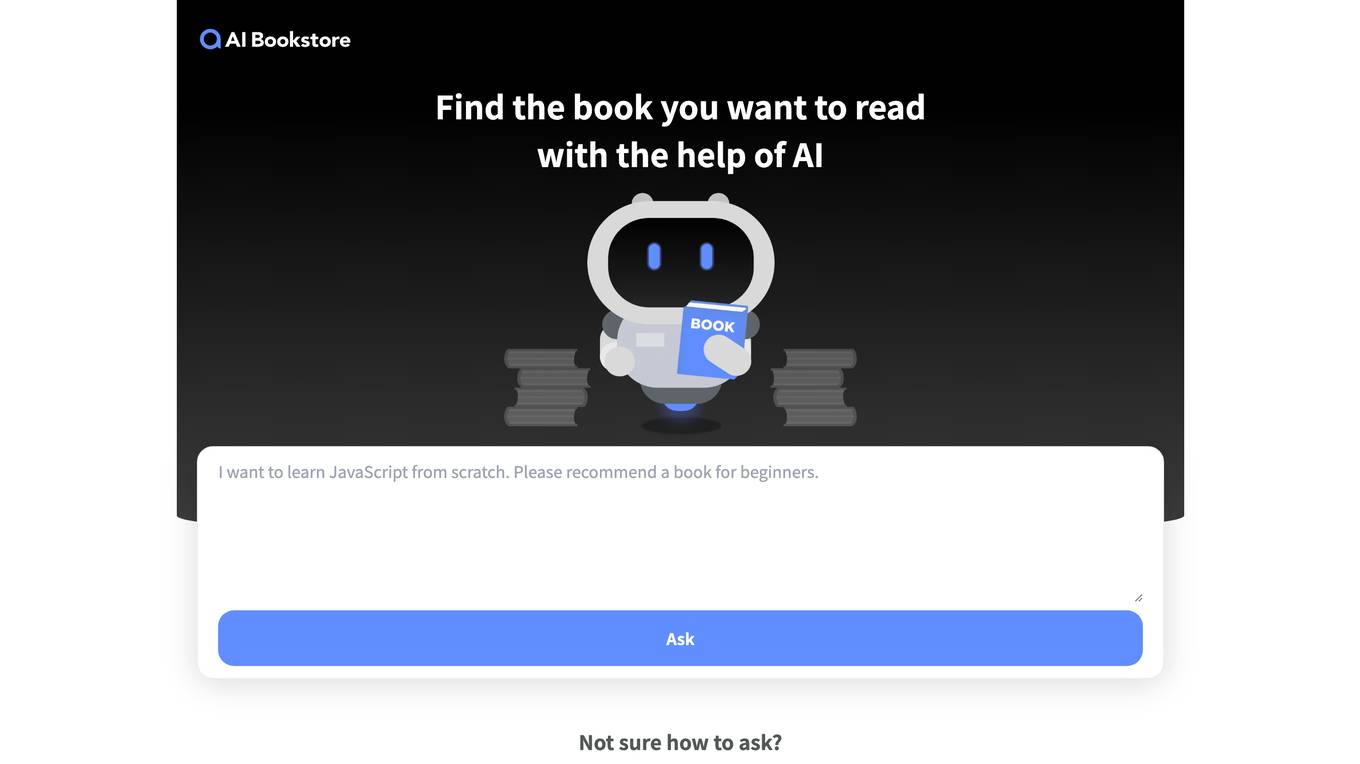
AI Bookstore
AI Bookstore is a website that uses AI to help users find books that they want to read. Users can ask the AI questions about what they are looking for, and the AI will recommend books that match their criteria. The AI can also generate personalized recommendations based on a user's reading history.
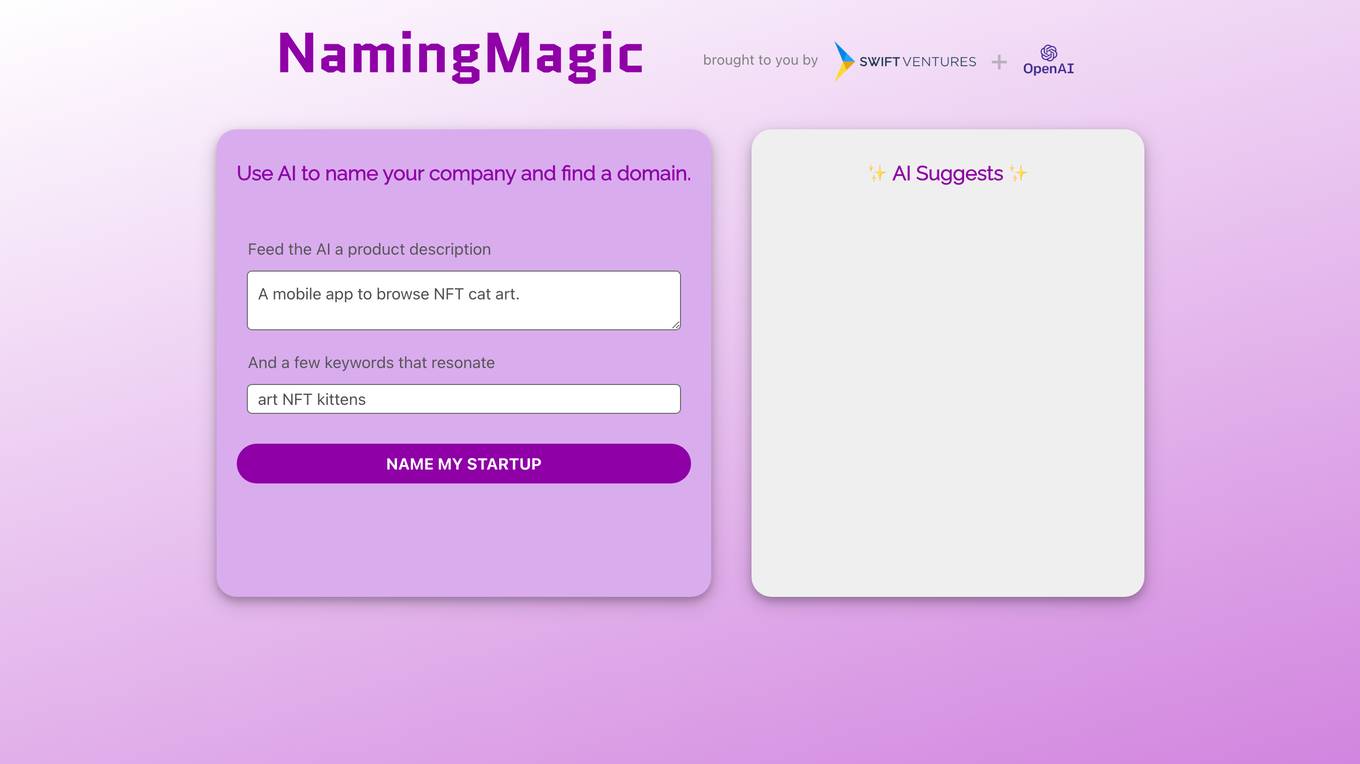
Naming Magic
Naming Magic is a tool that uses AI to help you name your company and find an available domain. It was created by Swift Ventures, a venture capital firm that invests in AI and data-first businesses. The tool is designed to help entrepreneurs and business owners come up with creative and memorable names for their companies. It can also help you find a domain name that is available and relevant to your business.
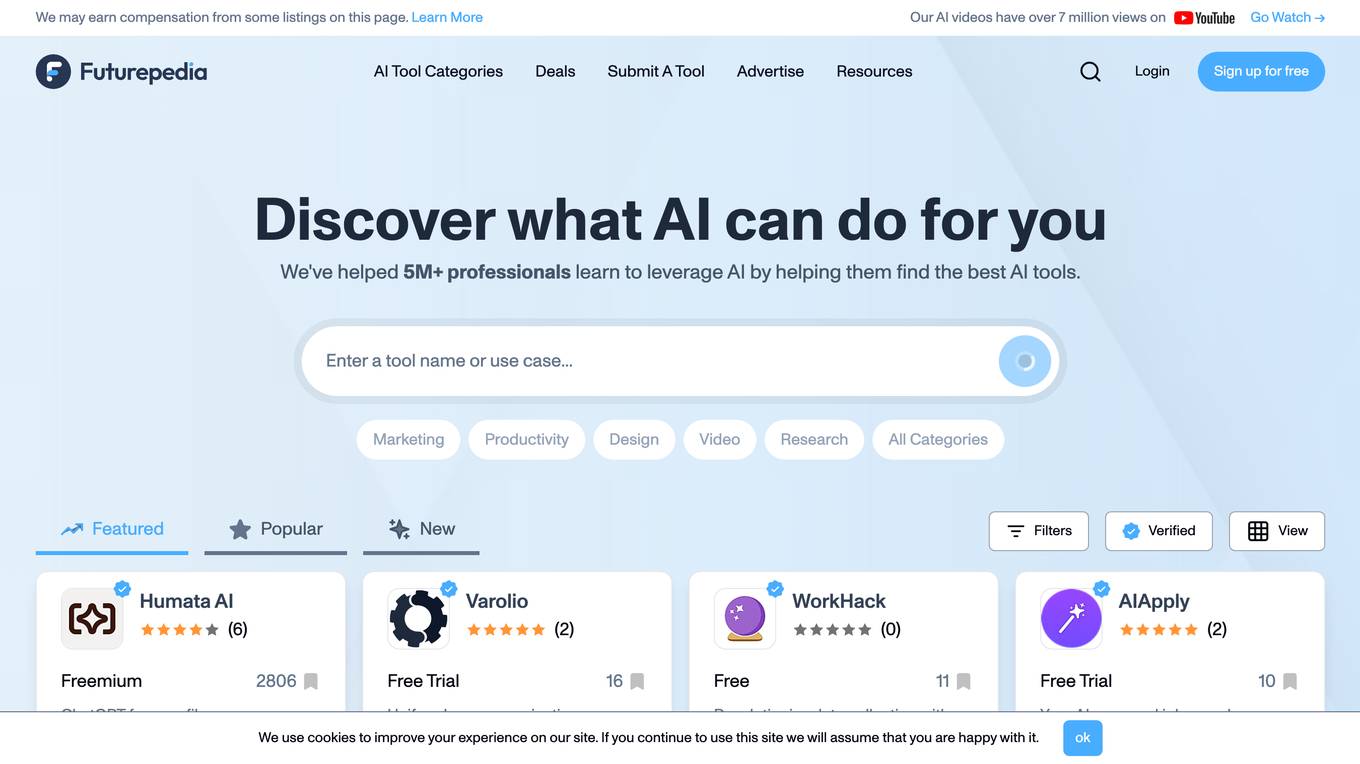
Futurepedia
Futurepedia is a leading AI resource platform dedicated to empowering professionals across various industries to leverage AI technologies for innovation and growth. Our platform offers comprehensive directories, easy-to-follow guides, a weekly newsletter, and an informative YouTube channel, simplifying AI integration into professional practices. Committed to making AI understandable and practical, we provide resources tailored to diverse professional needs, fostering a community where more than 200,000 professionals share knowledge and experiences.
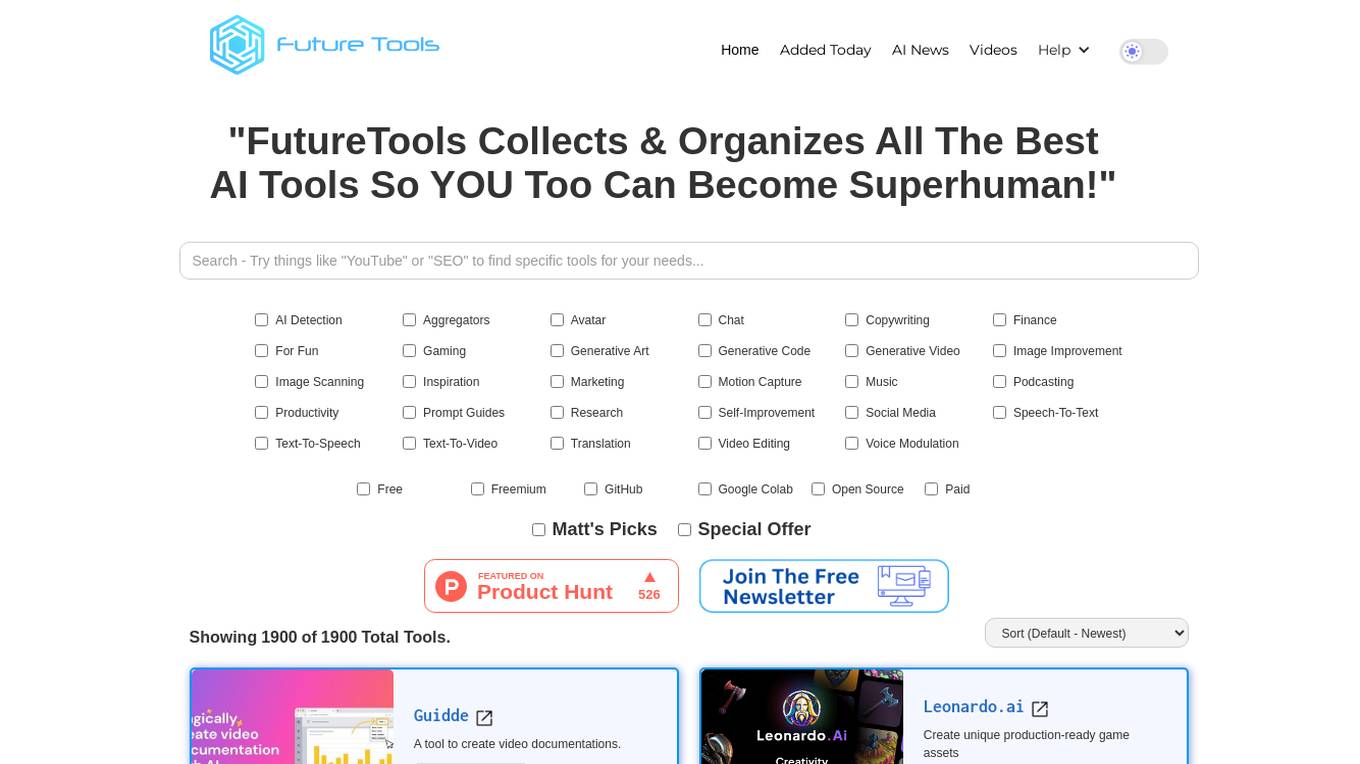
Future Tools
Future Tools is a website that collects and organizes AI tools. It provides a comprehensive list of AI tools categorized into various domains, including AI detection, aggregators, avatar chat, copywriting, finance, gaming, generative art, generative code, generative video, image improvement, image scanning, inspiration, marketing, motion capture, music, podcasting, productivity, prompt guides, research, self-improvement, social media, speech-to-text, text-to-speech, text-to-video, translation, video editing, and voice modulation. The website also offers a search bar to help users find specific tools based on their needs.
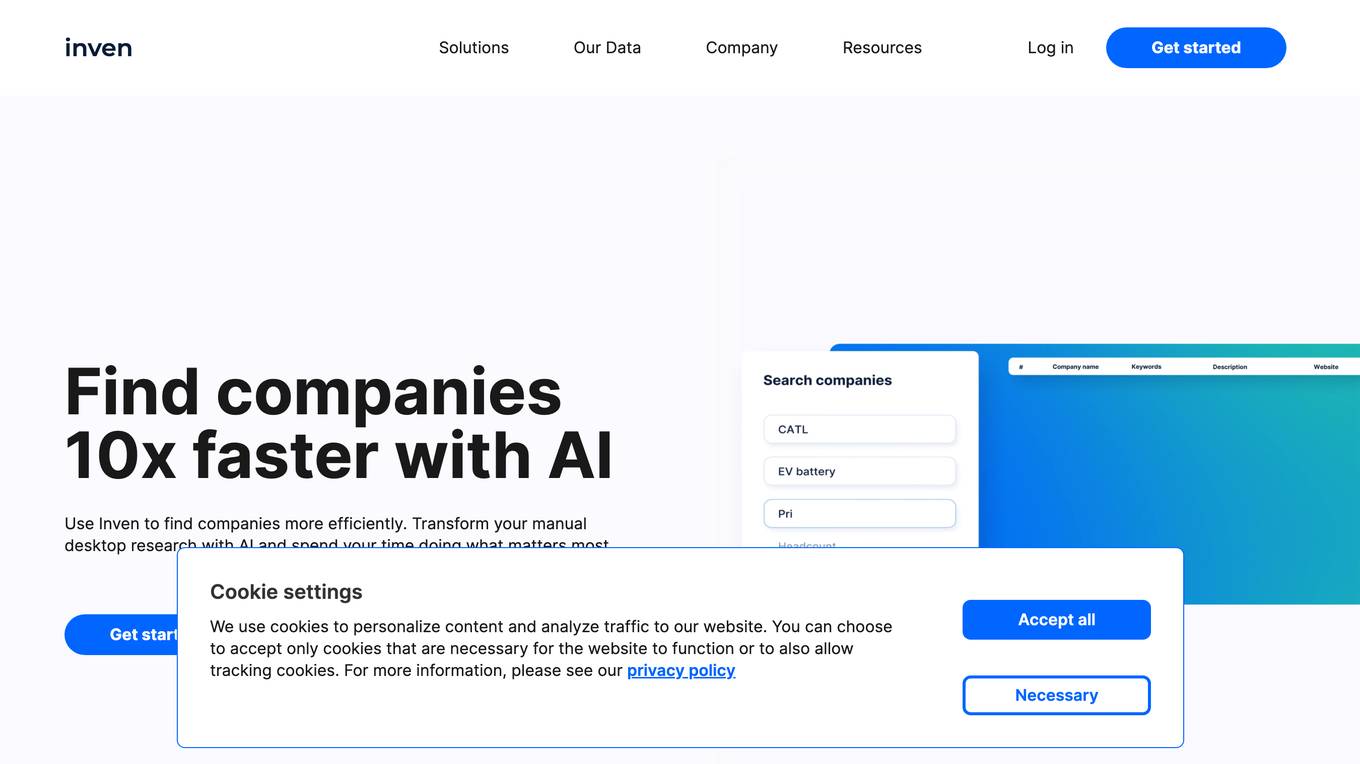
Inven
Inven is an AI-powered company data platform that helps professionals in private equity, investment banking, business brokerage, consulting, and corporate development find companies faster and more efficiently. With Inven, users can access a database of over 23 million companies and 430 million contacts in over 160 countries. Inven's AI algorithms and NLP solutions analyze millions of data points from a wide range of sources to give users actionable insights on any niche.
0 - Open Source AI Tools
20 - OpenAI Gpts
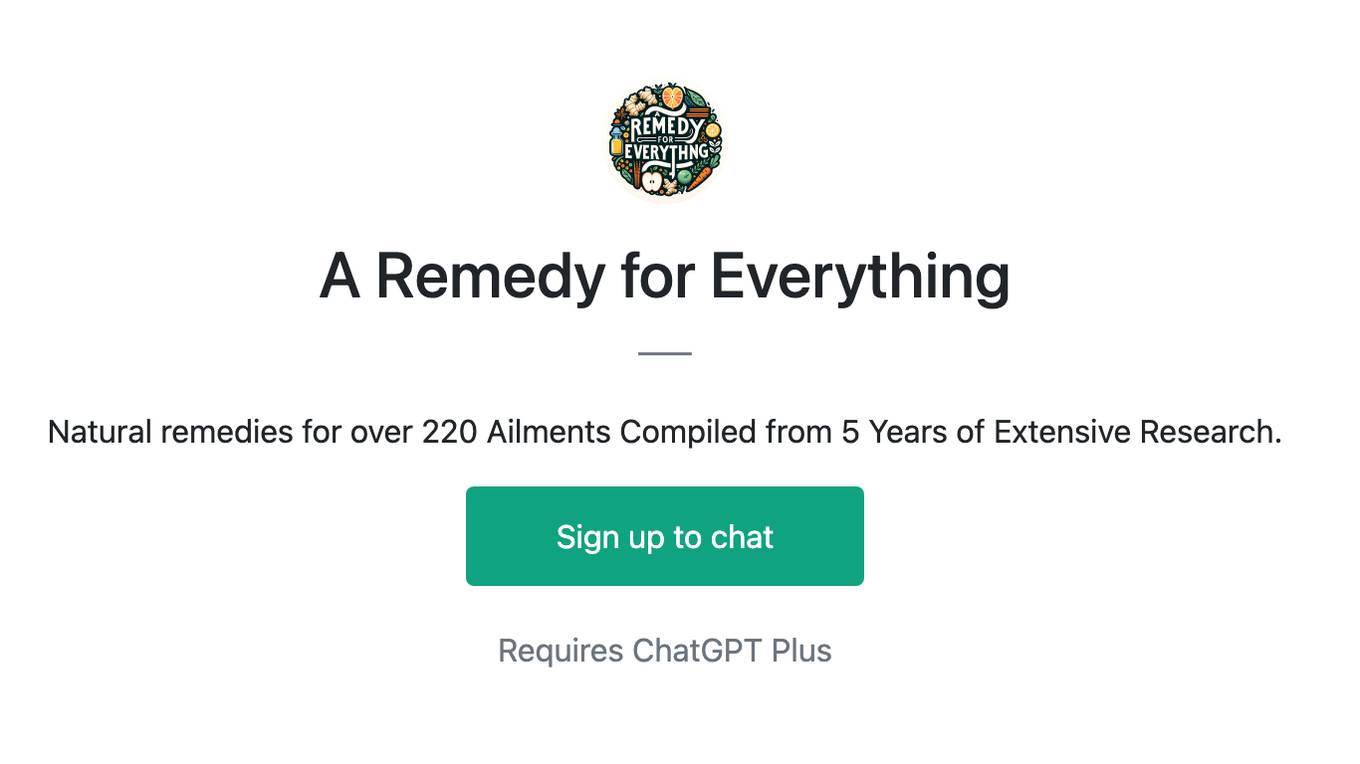
A Remedy for Everything
Natural remedies for over 220 Ailments Compiled from 5 Years of Extensive Research.

Holistic Healer
A guide on natural medicine, offering insights into herbal and holistic health.
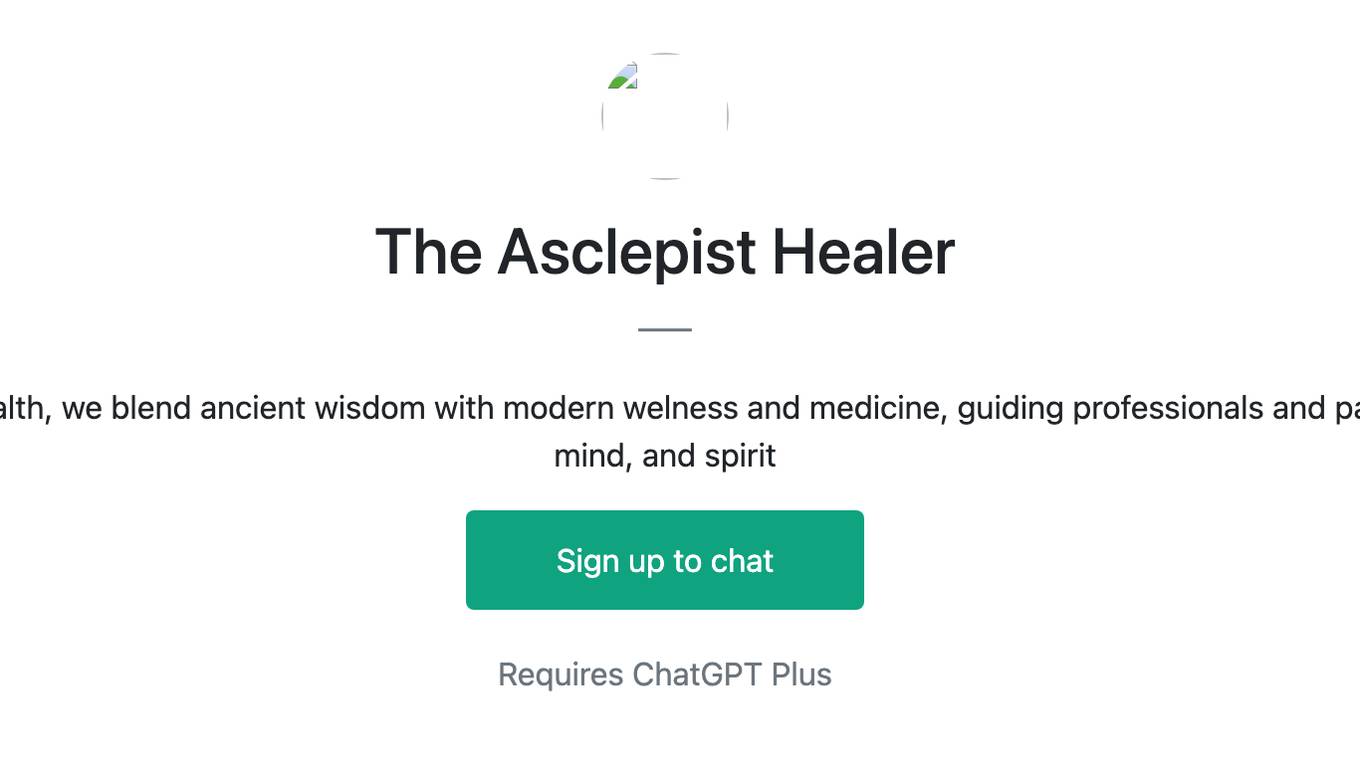
The Asclepist Healer
Elevating Asclepius' approach to holistic health, we blend ancient wisdom with modern welness and medicine, guiding professionals and patients towards balanced healing for body, mind, and spirit

Nature's Remedy Guide
Provides information on herbal remedies, their uses, and cultural contexts.
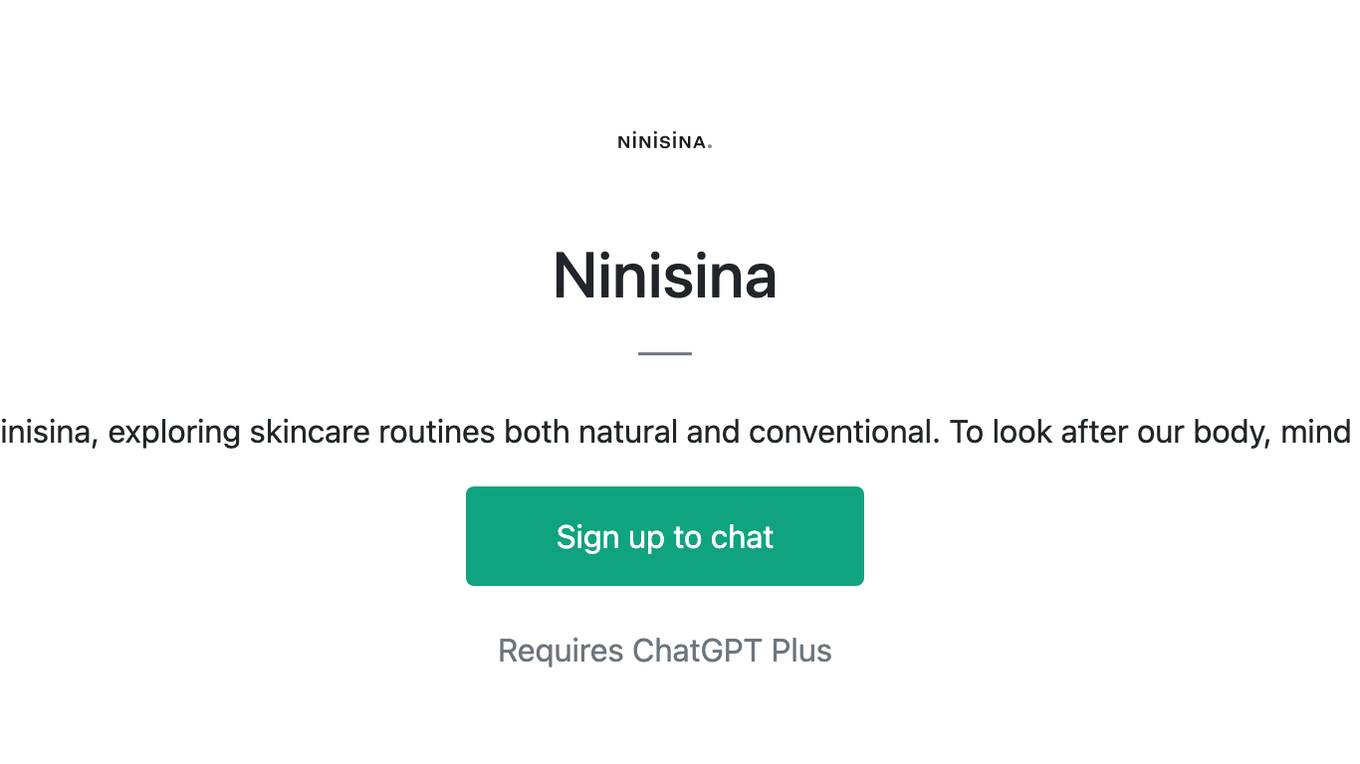
Ninisina
From the Luxury Skincare Brand Ninisina, exploring skincare routines both natural and conventional. To look after our body, mind and spirit the best way possible.

GeoGuide France
Un assistant sur les règlementations débroussaillage et zone naturelles en France
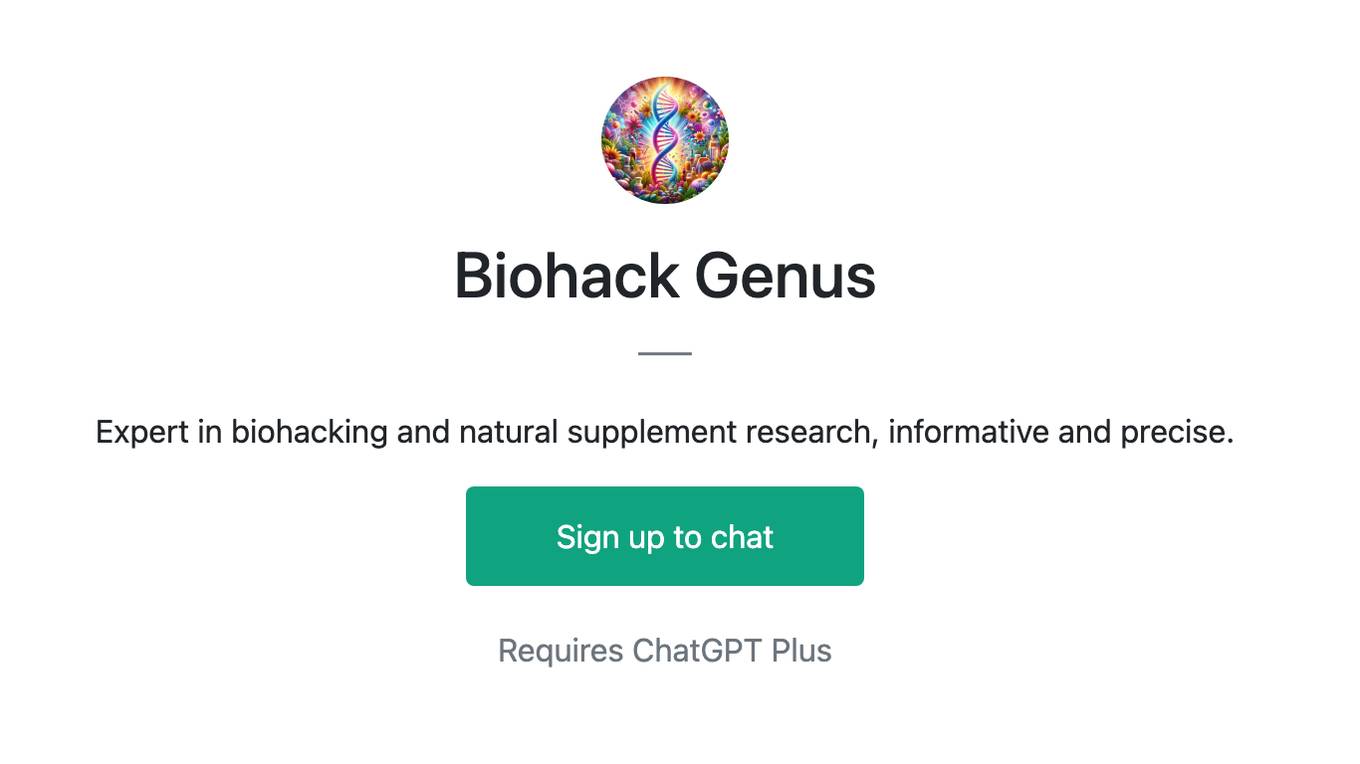
Biohack Genus
Expert in biohacking and natural supplement research, informative and precise.

Find Things To Do & Events in Bangkok
Discover the best of Bangkok with our AI-powered guide! Personalized, up-to-date recommendations from trusted sources to enhance your Bangkok experience.









